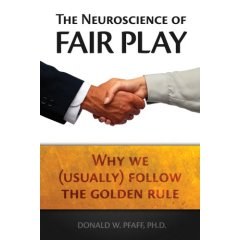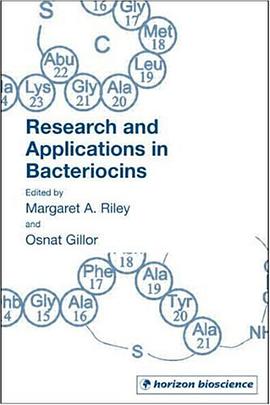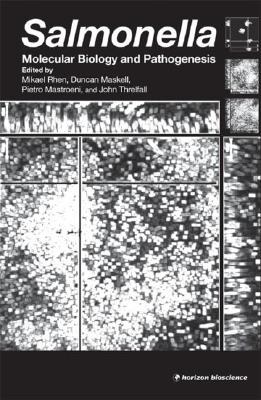

具体描述
Pfaff, head of the Laboratory of Neurobiology and Behavior at Rockefeller University, explains his purpose in clear terms: The whole focus in these pages is on the possibility that some rules of behavior are universally embedded in the human brain—that we are 'wired for good behavior.' He claims he's surveyed the world's religions and found some variant of the Golden Rule in every one, leading him to conclude that this trait is likely to be under some sort of genetic control. The simple mechanism for the occurrence of altruistic acts, he says, is the brain's tendency to confuse self and other—similar to the blurring of identities that occurs in a love relationship. This empathy—whose neural mechanism Pfaff explains—can prevent us from harming others as well as leading us to do good. The author goes into great detail, far more than is necessary to drive his point home, about how neurobiology and neurochemistry interact to help shape behavior. His sections on parenting, sexual love and aggression are intriguing, but the technical information will make this appeal primarily to those with a strong interest in the brain and the science of behavior. B&w illus. (Dec.)
Copyright © Reed Business Information, a division of Reed Elsevier Inc. All rights reserved.
作者简介
目录信息
读后感
评分
评分
评分
评分
用户评价
相关图书
本站所有内容均为互联网搜索引擎提供的公开搜索信息,本站不存储任何数据与内容,任何内容与数据均与本站无关,如有需要请联系相关搜索引擎包括但不限于百度,google,bing,sogou 等
© 2026 book.wenda123.org All Rights Reserved. 图书目录大全 版权所有




















